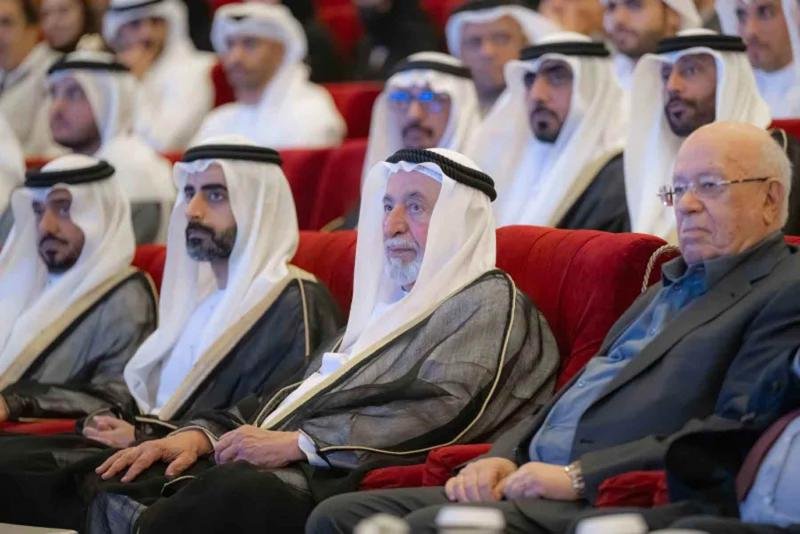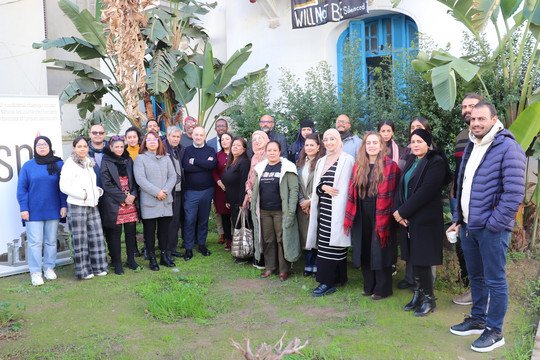In a landmark moment for Emirati cinema, “BAAB,” the debut feature from pioneering director Nayla Al Khaja, is set for its world premiere at the 46th Cairo International Film Festival (CIFF). The film marks the first by an Emirati female director to debut at the prestigious festival and features the first-ever Arabic film score by Oscar-winning composer A.R. Rahman.
The psychological drama will premiere on November 17th at the Small Theatre, with an encore screening on November 18th at Zamalek Cinema. Its selection by CIFF—the Arab world’s only FIAPF-accredited “Category A” festival—signals a significant step in the global recognition of UAE filmmaking.
A Sensory Journey into Grief
Described as a dark, sensory-driven tale, “BAAB” follows a woman haunted by the loss of her twin sister. The film explores the fragile boundary between illusion and reality, using silence and sound to craft an emotional landscape where grief reshapes perception.
“Being the first Emirati woman to present a film at the Cairo International Film Festival transcends personal achievement,” said Al Khaja. “It symbolizes a shift in how regional audiences perceive Emirati cinema.”
The director emphasized the film’s unconventional approach, stating, “’BAAB’ doesn’t rely on visual spectacle; it delves into the language of silence, sound, and the unseen.”
A Fusion of International and Emirati Talent
“BAAB” represents a global collaboration, uniting Emirati storytelling with world-class technical artistry. The crew includes cinematographer Rogier Stoffers (ASC, NSC) and composer A.R. Rahman, who brings his acclaimed talent to an Arabic-language film for the first time.
Produced by Sultan Saeed Al Darmaki, Nayla Al Khaja, and Jude S. Walko under Dark Dunes Productions, the film was shot entirely in the UAE. The production employed over 140 cast and crew, including more than 20 Emiratis in key creative roles, underscoring the growing infrastructure of the local film industry.
Following its festival run, “BAAB” is scheduled for a wide theatrical release across the Middle East and North Africa in early 2026, positioning it for one of the largest regional releases for an independently financed Emirati film.
TunisianMonitorOnline Correspondent (Douha Essaafi)




